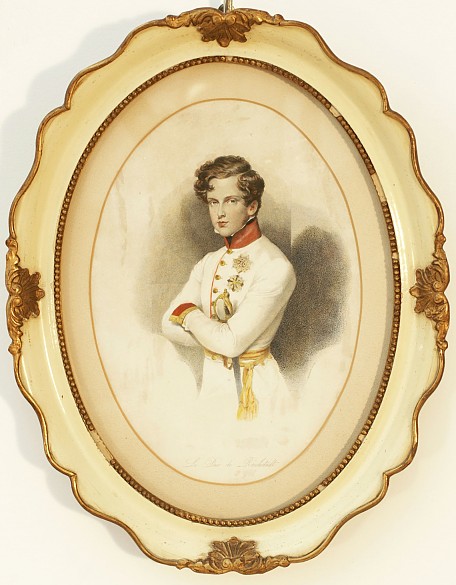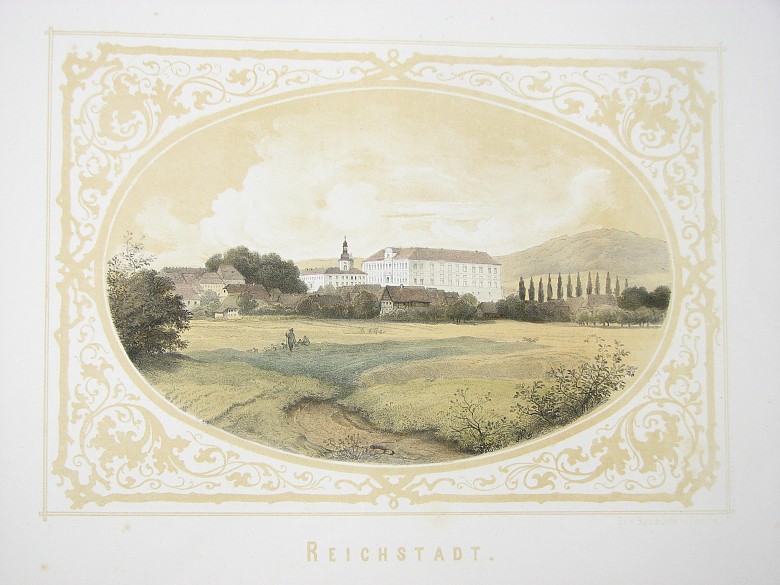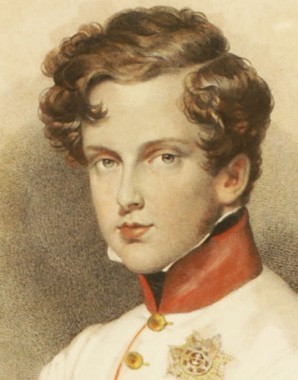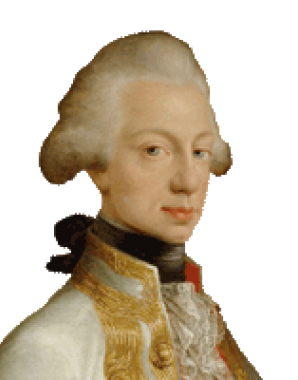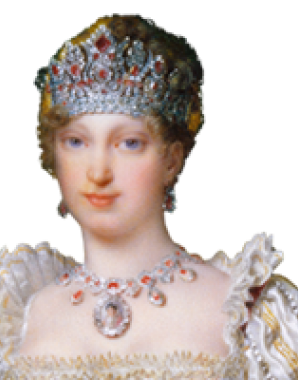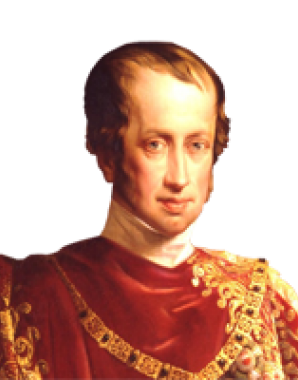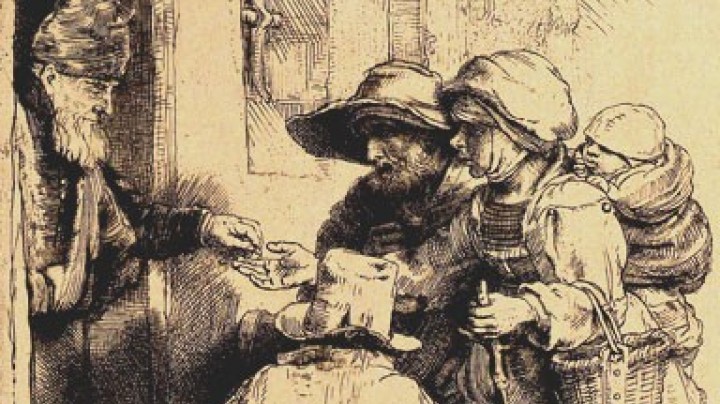Reichstadt – a comfortable retreat for former rulers
Thanks to the fate suffered by Napoleon Bonaparte’s only son, Napoleon II, Duke of Reichstadt, who died at a young age, one small Bohemian town now appears in the history books. Reichstadt (Czech: Zákupy) is a truly classic example of how lands, estates, places and their inhabitants ended up at the mercy of dynastic interests.
In 1632, after the uprising of the Bohemian estates had been defeated, a large-scale redistribution of lands took place. As a result, Reichstadt, today situated in the north of the Czech Republic, came into the possession of a commander from the house of Saxe-Lauenburg who had made his fortune on the battlefields of the Thirty Years' War, and the town became the centre of extensive territorial possessions. One hundred years later, with the inhabitants of Reichstadt having briefly had the pleasure – as a result of complex family connections among the ruling nobility – of being ruled over by the last ruling couple of Tuscany from the house of Medici, these Bohemian domains passed to the Bavarian house of Wittelsbach.
At the beginning of the nineteenth century, the inhabitants of Reichstadt then had the dubious pleasure of a ride on the rollercoaster of history. First of all, by way of exchange, Reichstadt passed to Archduke Ferdinand II of Tuscany, second son of Leopold II and his brother Franz II (I). This latter Habsburg himself became a pawn in the game between the powers; originally ruler of Tuscany, in 1799 he was driven out by the French troops and, following a brief interlude as Elector of Salzburg and Grand Duke of Würzburg, was once more installed as Grand Duke of Tuscany by the Vienna Congress of 1815.
In return he waived his claim to Reichstadt which, elevated to the status of duchy, suddenly found itself once more in the possession of Napoleon’s young son, serving as a substitute and meagre consolation for the lost title of King of Rome. After the duke’s early death in 1832, the small Bohemian town passed to his mother, Archduchess Marie Louise, sophisticated former empress of the French. When she died in 1847, Reichstadt passed to her brother Ferdinand I who, following his abdication, spent his twilight years there as ex-emperor. Only following the death of Ferdinand in 1875 did the possessions of Reichstadt finally pass to Franz Joseph as part of his enormous fortune; delighted, he is said to have remarked, ‘All of a sudden, I am a rich man’. He generously multiplied threefold the appanage of his consort Elisabeth, and signed over part of his fortune to her. Now, she was no longer exclusively dependent on the benefits granted by the court or limited due to Franz Joseph’s thrift in her extravagant lifestyle driven by the desire to flee the Viennese court. Needless to say, sleepy Reichstadt was not on her list of sophisticated destinations.
